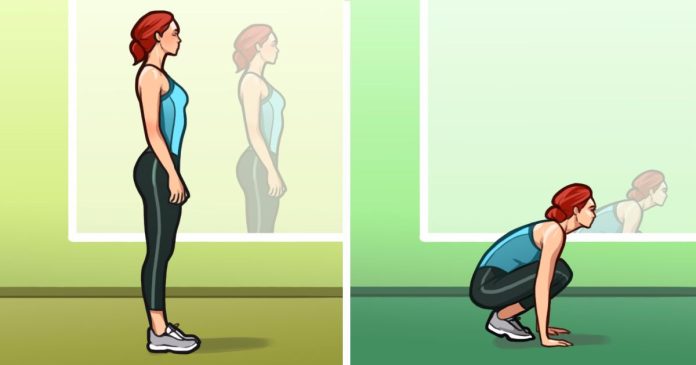In the pursuit of a healthier lifestyle, exercise stands as a cornerstone. However, navigating the vast realm of fitness routines can be daunting, especially with the looming risk of injury. Whether confined to a sedentary lifestyle or grappling with work-related strain, it’s paramount to adopt workouts that prioritize safety and efficacy. Functional fitness emerges as a beacon in this journey, offering a holistic approach to exercise that not only enhances physical well-being but also fortifies against everyday injuries.
Understanding Functional Fitness:
Functional fitness transcends the conventional dichotomy of weight training and aerobics by honing in on movements essential for daily life. Andy Galardo, Kaiser Permanente’s Employee Wellness Director and a certified Functional Strength Coach, aptly describes it as a daily ritual. From squatting in the garden to hoisting grocery bags, functional fitness equips individuals with the strength and flexibility needed for life’s myriad activities. Beyond physical benefits, it fosters mental well-being and is adaptable for all age groups, making it a truly inclusive fitness regimen.
Essential Exercises in Functional Fitness:
Burpees:
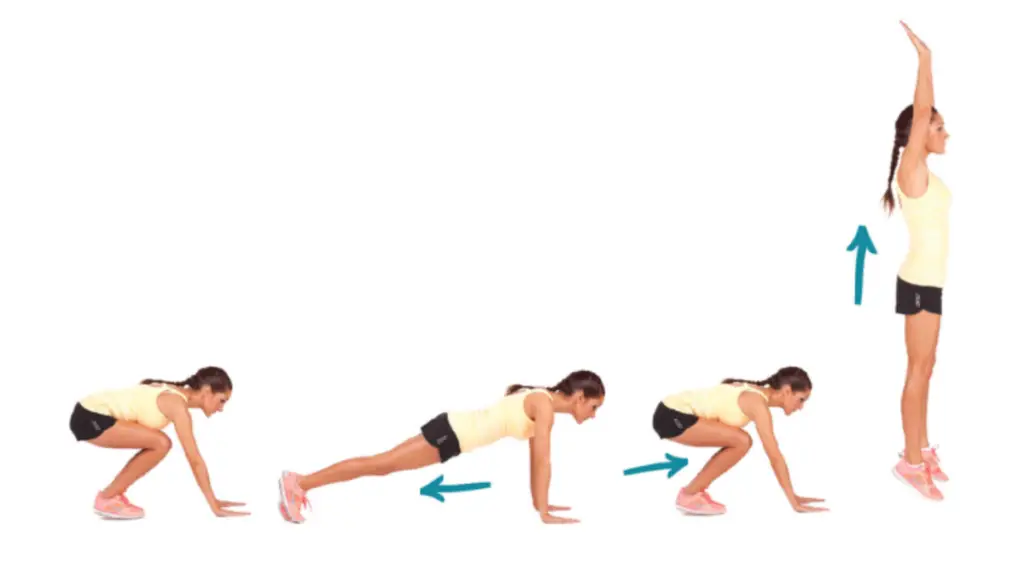
A quintessential movement often performed incorrectly, burpees engage multiple muscle groups and serve as an excellent full-body workout.
Press-ups (All variations):
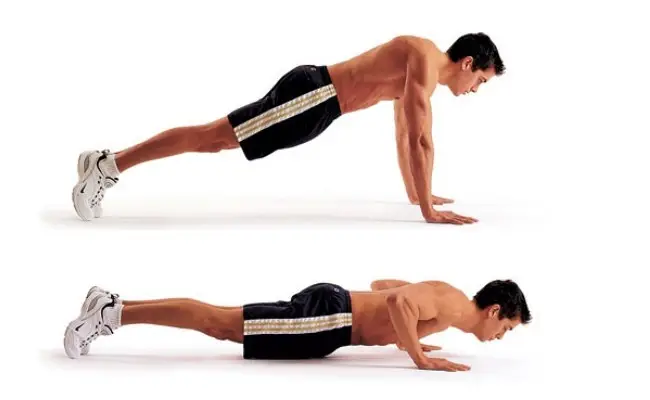
With its ability to target major muscle groups simultaneously, press-ups epitomize functional fitness. Proper execution ensures optimal results and injury prevention.
Plank:
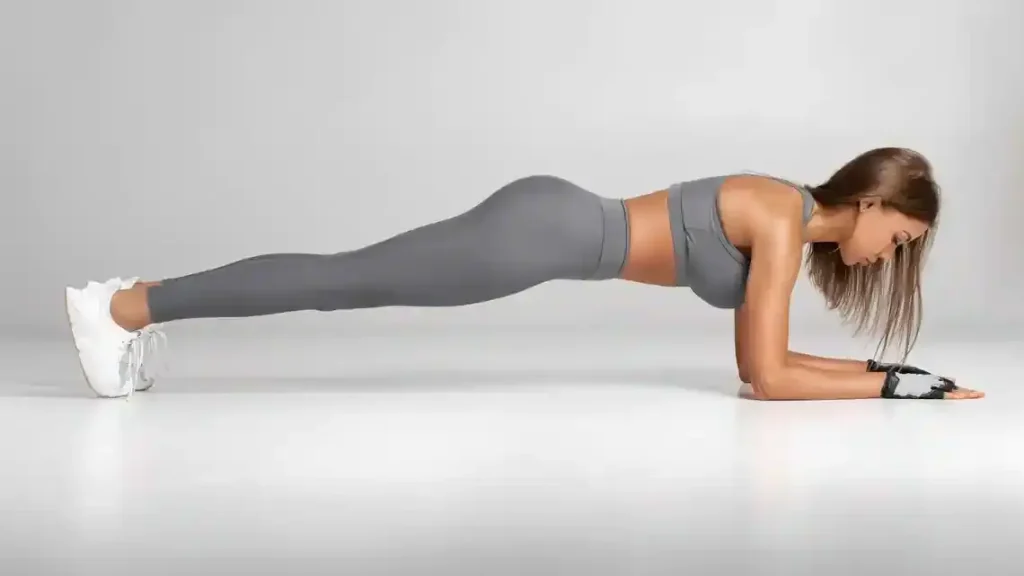
Contrary to popular belief, the plank isn’t just a core exercise; it engages the entire body when executed correctly. Mastering proper form is crucial for reaping its full benefits.
Jumping Lunges:
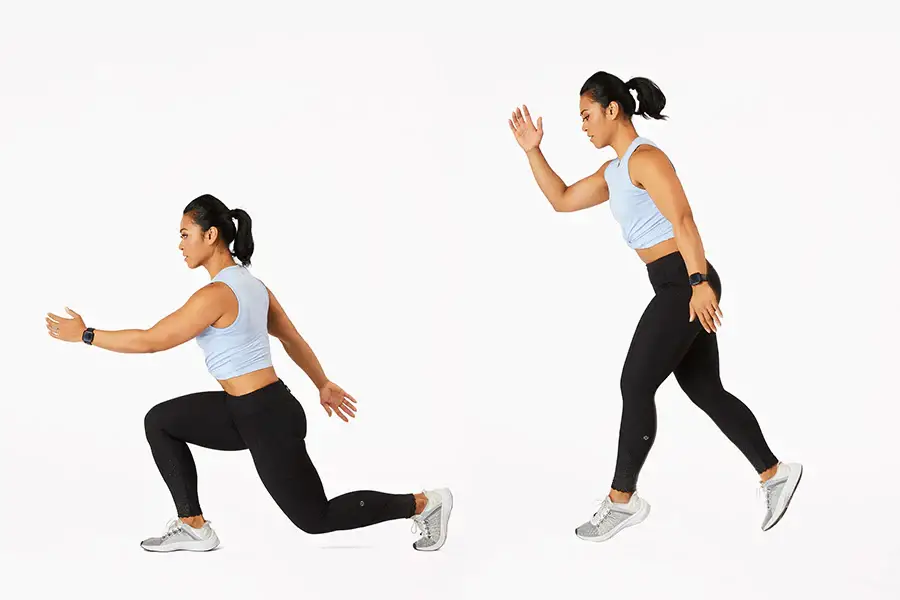
Despite its innocuous appearance, jumping lunges deliver an intense lower body workout while enhancing balance and agility.
Weighted Deep Squats:

Incorporating weights amplifies the efficacy of squats, targeting the lower body muscles and promoting functional strength.
Mountain Climbers:
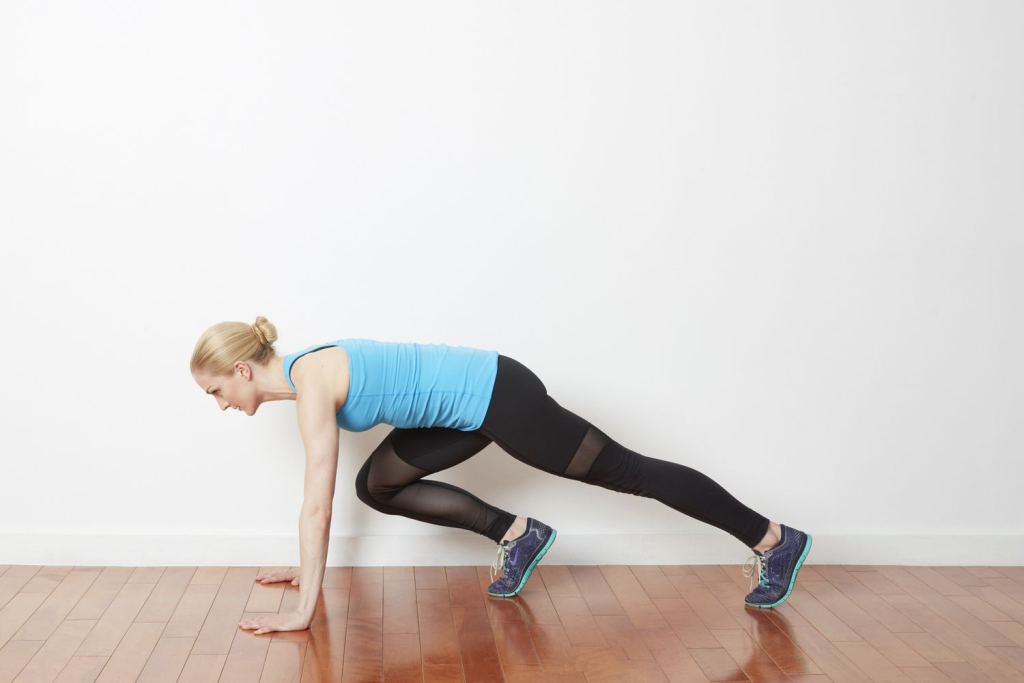
Dynamic and challenging, mountain climbers elevate heart rate while engaging core and upper body muscles.
Single Leg Bridges:
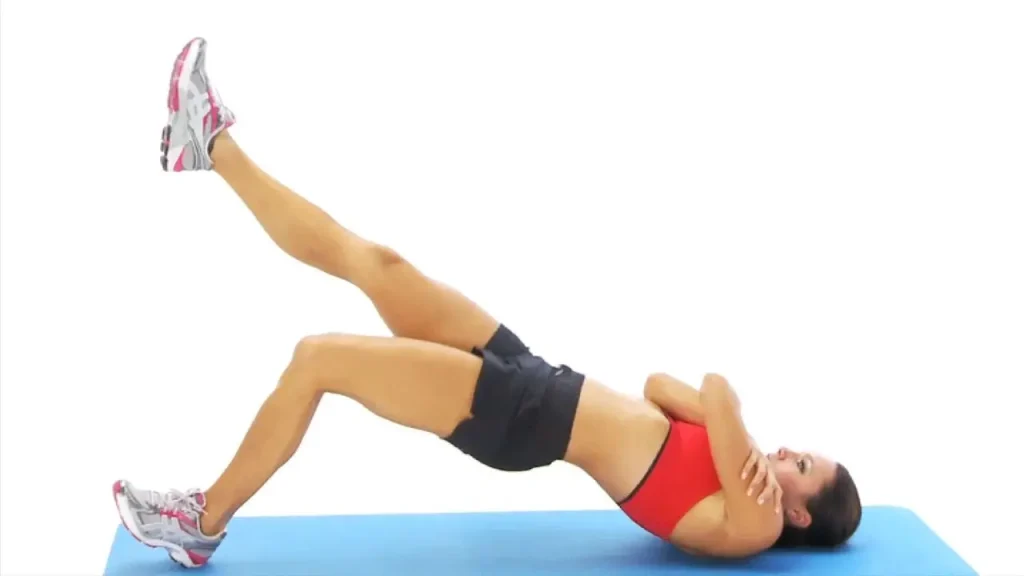
This unilateral exercise improves stability and strengthens the posterior chain, addressing muscle imbalances and enhancing functional mobility.
Russian Twist:

A core-strengthening exercise, Russian twists enhance rotational stability, vital for everyday movements and sports performance.
Deadlift:
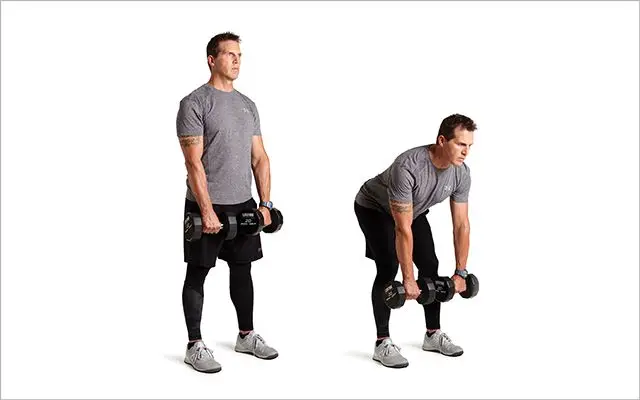
A compound movement targeting the posterior chain, deadlifts build strength and resilience, essential for lifting and bending tasks in daily life.
Shoulder Tap:
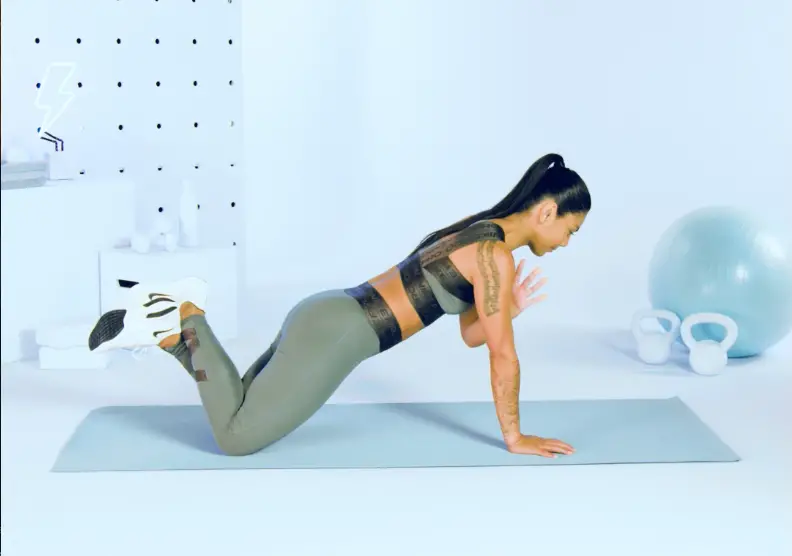
Combining stability and coordination, shoulder taps bolster core strength and shoulder stability, crucial for injury prevention.
Maximizing Results with Mini-Circuits:
To leverage the benefits of these exercises effectively, consider incorporating them into mini-circuits. Select any three exercises and perform them for one minute each, repeating the circuit throughout the day. By rotating exercises daily and gradually increasing intensity, you’ll achieve comprehensive muscle engagement and optimize fat loss. Start with four circuits per exercise, allowing one minute of rest between circuits, and progressively ramp up volume while reducing rest periods for continual improvement.
Conclusion:
Functional fitness transcends the confines of traditional workout routines, offering a holistic approach to physical well-being. By simulating everyday movements and engaging multiple muscle groups simultaneously, functional exercises not only enhance strength and flexibility but also mitigate the risk of injury. With a diverse repertoire of exercises ranging from burpees to shoulder taps, individuals can tailor their workouts to suit their fitness goals and lifestyle. Embrace the principles of functional fitness, integrate them into daily routines, and embark on a journey towards improved health and vitality.
image source : remedy daily

